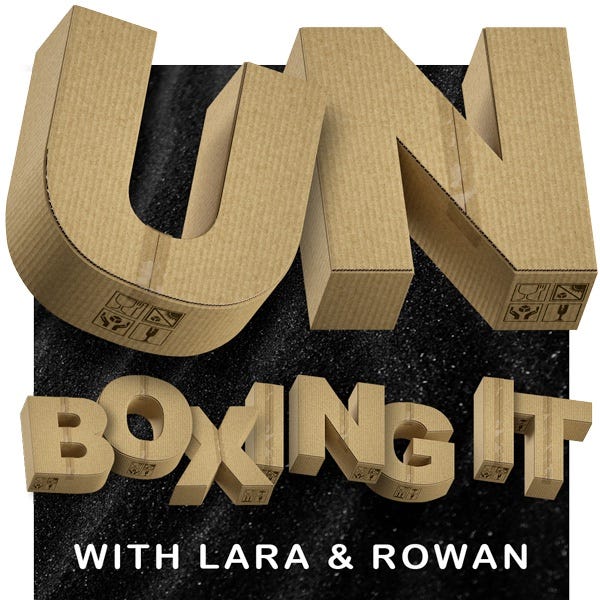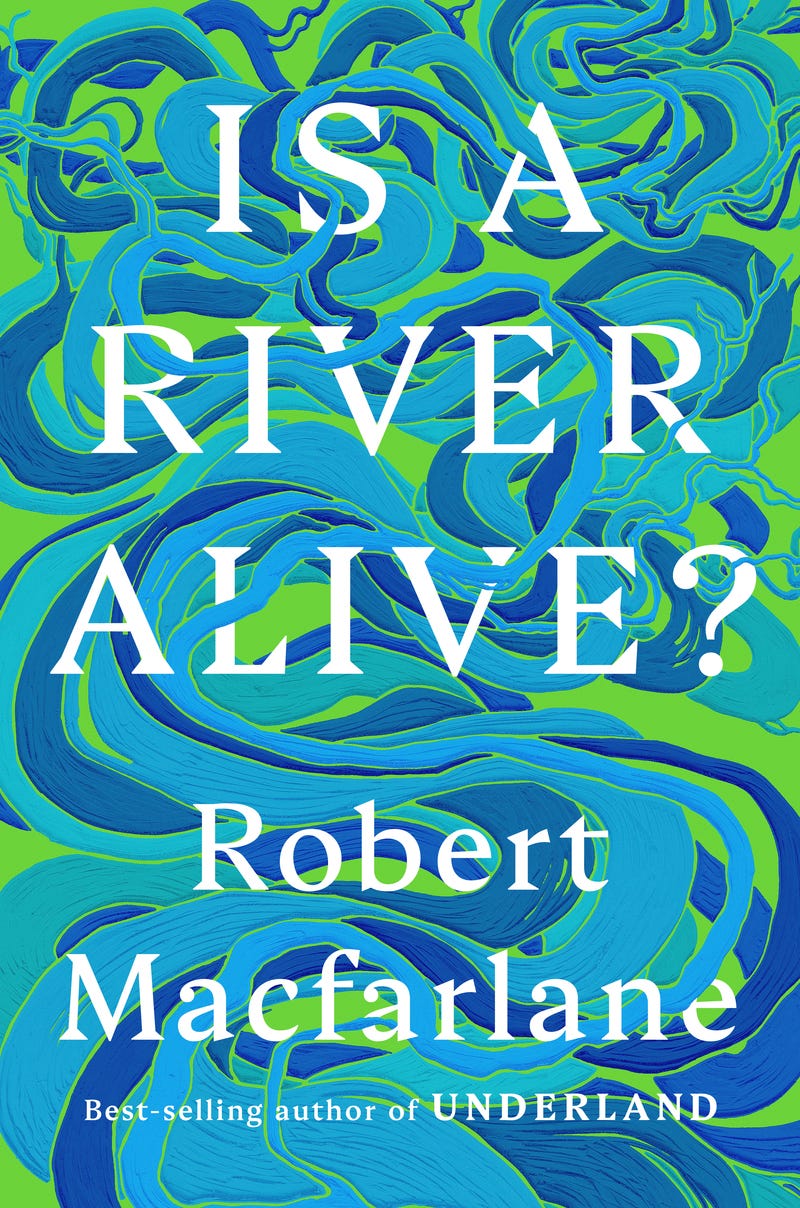Iron deficiency guidelines are changing: but what took so long?
Why iron deficiency is a feminist issue; and other life updates!
When I was in my twenties, I signed up for a blood drive. The screener took a sample, came back, and told me my hemoglobin was too low, and I needed to see a doctor. I followed their suggestion and was diagnosed with anemia. Years later, despite regular iron supplementation, I tried to donate blood again and was essentially told, “Don’t come back—you can never donate blood.”
I slunk out of there feeling bummed, because I was so ready. I wanted to be one of those repeat customers who take happy selfies of their tubed-up arms, pumping out a precious supply of life-giving blood.
It wasn’t just the lost opportunity to give blood to people in need that upset me. I was also struggling to understand why years of oral iron supplementation had done very little to move the needle on my ferritin levels, which are the key indicator of iron deficiency.
For decades, we’ve passively accepted the guidelines for ferritin levels, despite clinical evidence that many of us (girls, women and gender-diverse folks) don’t feel well at levels lower than 30 micrograms/litre. We deal with unexplained symptoms, anxiety/depression, fatigue, cognitive impairement (brain fog), dry hair, dry skin, brittle nails, and fainting. Even at ferritin levels as low as 8, women have been told they’re “normal” and don’t need to worry.
Thanks to a team of Ontario scientists, guidelines for the diagnosis of iron deficiency are finally starting to change in this province. Unfortunately, some labs and hospitals (who set their own ferritin limits) across the country continue to ignore the evidence and thousands of girls and women go undiagnosed, leading to debilitating symptoms.

I wrote all about the change for Chatelaine, and how to advocate for yourself! You can read it now:
https://chatelaine.com/health/iron-deficiency-guidelines/
I was on Unboxing It!
I was delighted to be the first guest on the podcast Unboxing It, which is hosted by the renowned
and . We talked about women’s health, mental health, bias in the medical system, and the patriarchy (ugh!) Listen now wherever you listen to podcasts or subscribe right here on Substack.Life is lifeing
I haven’t been posting as frequently on here because of some medical issues that are not mine to share, so I won’t be writing about them. I will just say that it sucks to watch your child get sick and not be able to fix it (or figure out what the problem is!) We are living “All In Her Head” and not enjoying it at all.
I’m going to give myself a pass on writing goals this summer and focus instead on joyful moments, communing with my little vegetable garden, and spending time with friends and family. I will pop in from time to time if inspiration strikes.
And I will be READING, of course! Soooo many books in my TBR pile that need loving attention this summer.
I recently finished “Is a River Alive?” by Robert Macfarlane, and I spent half of it with tears streaming down my cheeks and the other half in absolute awe of Robert’s talent with words. Here’s a little sampling:
The sunset has slaughter in it, and spills scarlet onto the vast clouds massing inland.
He just casually throws in sentences like this throughout the whole book, and it almost seems easy for him to think of the sun as having slaughter in it, but I know I could never think of that and so in my awe is a twinge of envy—a wanting for time and space to think deeply enough that I understand the sun to be a murderer.
This book is about rivers—what we think of them as living beings, how we treat them, and how we can save them—and at times I felt like I was the river, slipping and sliding through language so rich and precious, calling me into what Robert defines as immanence, the opposite of transcendance, where god (or however you name a higher power) is said to be fully present within the world and within ourselves.
I will be thinking about this book for a very long time, and I strongly urge you to read it, to bask in it, and to let it carry you down the river.
From my heart to yours,
Misty
In case you missed it…
If mast cells are the most important cell in the body, then why are they trying to kill me?
Let’s start with a disclaimer, which is that I am not a healthcare professional. I am a science communicator, and I use my journalism and health research skills to distill complex scientific information for general audiences (you!) But this is also a personal experience and so my own opinions and thoughts are free to roam in this space. That said, I pro…





It’s absolutely wild to me that guidelines for iron deficiency are just now changing in Ontario. I wish we would see a massive change across the board. The WHO and American Society of Hematology say that a ferritin below 30 is an absolute deficiency but anything below 100 can cause symptoms. And yet, we have labs that give ranges so doctors will say that your ferritin of 20 is fine. This is so easily preventable but there’s complete medical negligence happening on this issue. I’ve been on the iron protocol and getting iron infusions on and off for a year now after years of deficiency because no medical provider would test my ferritin and, if it was tested, just said it was “a little low”. It’s so frustrating knowing just how easily treatable this could have been if it was tested and treated earlier.
Thank you for linking to your Chatelaine piece (and as a Canadian it was nice to see a medical piece rooted in the Canadian context). I’ve been struggling with low iron and have seen some improvements with oral supplements. My diet didn’t need much changing because I already eat all the “right” things. But it feels like an ongoing uphill battle. I’m hoping for some more answers when I get a second opinion next month.